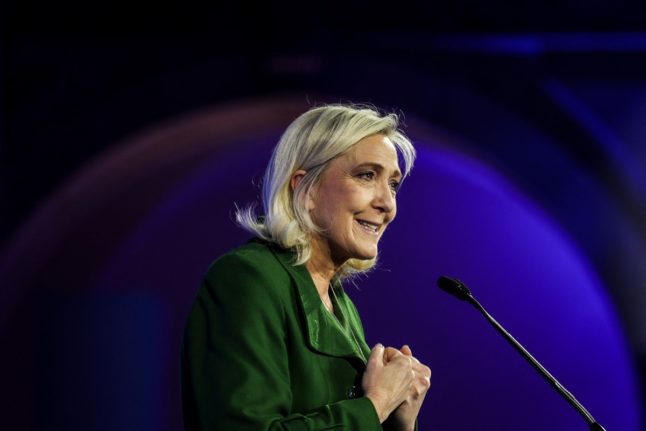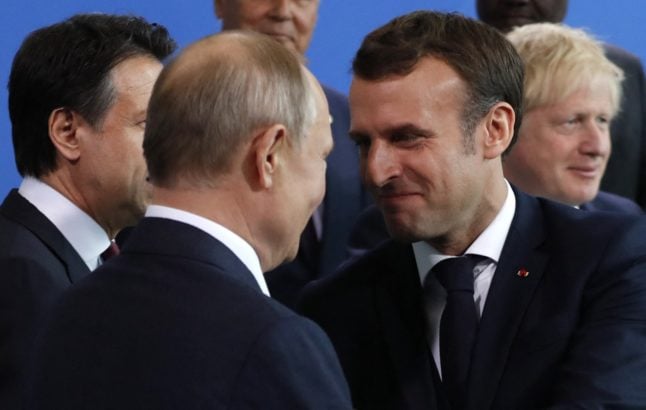Thomas Perrotto was stabbed to death, aged 16, at his first dance. He lived in a village in the pretty foothills of the Alps on the eastern side of the Rhône valley. He was captain of the local, junior rugby team
His killer has not yet been identified. He was one of a group of French young men of North African origin who drove uninvited to the dance from a multi-racial estate 17km away in Romans-sur-Isère.
There was a quarrel and a scuffle, possibly caused when a local man called one of the outsiders “Chiquita”, a slang word for a pretty girl. The youths from Romans-sur-Isère (Drôme) got the worst of the fight. They called in a gang of friends, who arrived armed with knives.
Several people were stabbed outside the village hall. Thomas, who seems to have been standing in the wrong place at the wrong time, was stabbed to death.
This is the provisional time-line established by the gendarmerie after interviews with 104 witnesses. Five of those questioned said the attackers shouted that they wanted to “kill whites”. Most heard nothing of that kind.
You can listen to John Lichfield talk about far right violence in France on the new episode of our Talking France podcast.
So much for the facts – disturbing enough, in all conscience.
Here is the same incident as described by French right-wing and far-right politicians.
Marine Le Pen said that “armed militias” were now organising razzias against rural France. (Razzia was a word used to describe North African pirate raids on Europe in the 18th and 19th centuries).
Eric Zemmour said that Thomas’s death was the start of a “war for civilisation”. Marion Maréchal Le Pen spoke of “ethnic war” and “civil war”.
There was even worse in the so-called “Fachosphere”, the social media sites run by and for people who detest Muslims. A far-right website, consulted at random, spoke of a “Muslim pogrom” against white France. Others suggested that the “raid” was inspired by the Hamas attack on southern Israel on October 7th which killed 1,400 people.
The government handled this avalanche of racist bile and political manipulation badly. It withheld the names of the nine youths who were arrested. The Fachosphere screamed “conspiracy” and revealed that they were called, inter alia, Chaïd, Yasir, Mathys, Fayçal, Kouider and Yanis.
After treating the incident as an isolated “fait divers” (miscellaneous news story) for more than a week, the government sent its official spokesman Olivier Véran to visit Thomas’ parents and other victims this week. Véran said that the murder of the young man was a “tragedy which threatens to be a tipping point for our society”.
Does it? Véran seemed to be agreeing with the far-right that Thomas’ death could be the starting point for civil war. He was referring, in part, to 100 ultra-right knuckleheads from all over France who attempted to gain “revenge” last week by attacking the La Monnaie estate in Romans-sur-Isère with baseball bats and agricultural, bird-scaring fire-works.
One of them, from as far away as Mayenne in western France, was beaten up by local youths and his life saved by the intervention of other Muslim residents of the estate.
There are many disturbing things about what happened in the village of Crépol in the early hours of November 19th. The incident should not be dismissed as a banal dance fight which span out of control.
This was a confrontation between mutually uncomprehending worlds living 17 kilometers apart. It was influenced by racial divisions but it was not pre-planned or organized. The young attackers, mostly in their teens, were not fighting for Islam but responding with the empty-headed violence of their everyday lives to a supposed slight or defeat.
Romans-sur-Isère (population 33,000) is not the first name that springs to mind when you think of urban poverty, racial separation and drug-related mayhem. Even medium-sized French towns now have racial ghettos.
The town’s mayor points out that the La Monnaie estate is home to 4,500 people, whose lives are constantly disrupted by around 100 youths in their teens and 20s.
Some of those arrested told police that they did not go to Crépol looking for trouble but to “have fun” and to ogle and chat up girls. That is perfectly normal teenage behaviour but something not allowed in Muslim-dominated La Monnaie and its bigger equivalents on the edges of Paris or Lyon. Sexual frustration is one of the many frustrations of the disaffected youth of the banlieues.
Until recently, the worlds of places like Crépol and La Monnaie never met. There seemed to be an invisible wall which separated the multi-racial banlieues from the rest of France.
That changed in the riots in the summer which followed the fatal shooting of a young Muslim man by a traffic policeman in the Paris suburbs. Unlike the 2005 riots, the violence spread into the centre of cities and to smallish rural towns.
All of these things are genuinely disturbing.
They do not begin to encompass the kind of inflammatory nonsense which has been spouted in the last 10 days by Marine Le Pen and in the columns of once relatively sane right-wing newspapers like Le Figaro.
There are no “Muslim pogroms” against village France; there are no “razzias” by organised Islamic militias.
Officially, Marine Le Pen rejects suggestions of an inevitable civil or ethnic war in France as “inflammatory”. And yet a senior figure in her party this week blamed the violence of a minority of Muslim youths on the fact that an alien race, unable to control its “impulses”, had been transplanted to France.
What then of the vast majority of the six million French Muslims – like the majority of the people on the La Monnaie estate – who are hard-working and law-abiding?
Angry, disaffected Muslim youths say that they are angry and disaffected because they know that they will never be accepted as French. What then of the many young Muslims who do succeed?
There is danger in what happened in Crépol. There is greater danger in the deliberate distortion of what happened.
The greatest risk is one of “engrenage” the creation of a vicious spiral of self-fulfilling prejudices and hatreds.
There is no “civil war” in France except the one that Le Pen – and others – seek to conjure up for political gain.



 Please whitelist us to continue reading.
Please whitelist us to continue reading.
Immigration works well only if controlled. The left wing, in their guilt-fuelled magnanimity, have allowed uncontrolled illegal immigration into all EU countries. The vast majority of these illegals don’t have the essential survival skills in a foreign land, and take to crime and bad behavior out of desperation. The people of Europe are fed up with this and are fighting back. It is all too easy to blame the right wingers. If the left behaved itself there would be no right wing.
‘Far-right’ is used to discredit people. Anyone dissenting from the left-wing narrative that uncontrolled immigration is beneficial to society is labelled a far-right extremist. These labels are used to silence the voices of the majority who are concerned about security. It’s good that politicians are alert to the danger of ‘the enemy within’ and hopefully they will succeed in tightening Schengen borders and deporting individuals against the diktats of the ECHR, as reported on the news today.
Lichfield…….this isn’t helping. Leftie, wise-after-the event comments are too easy